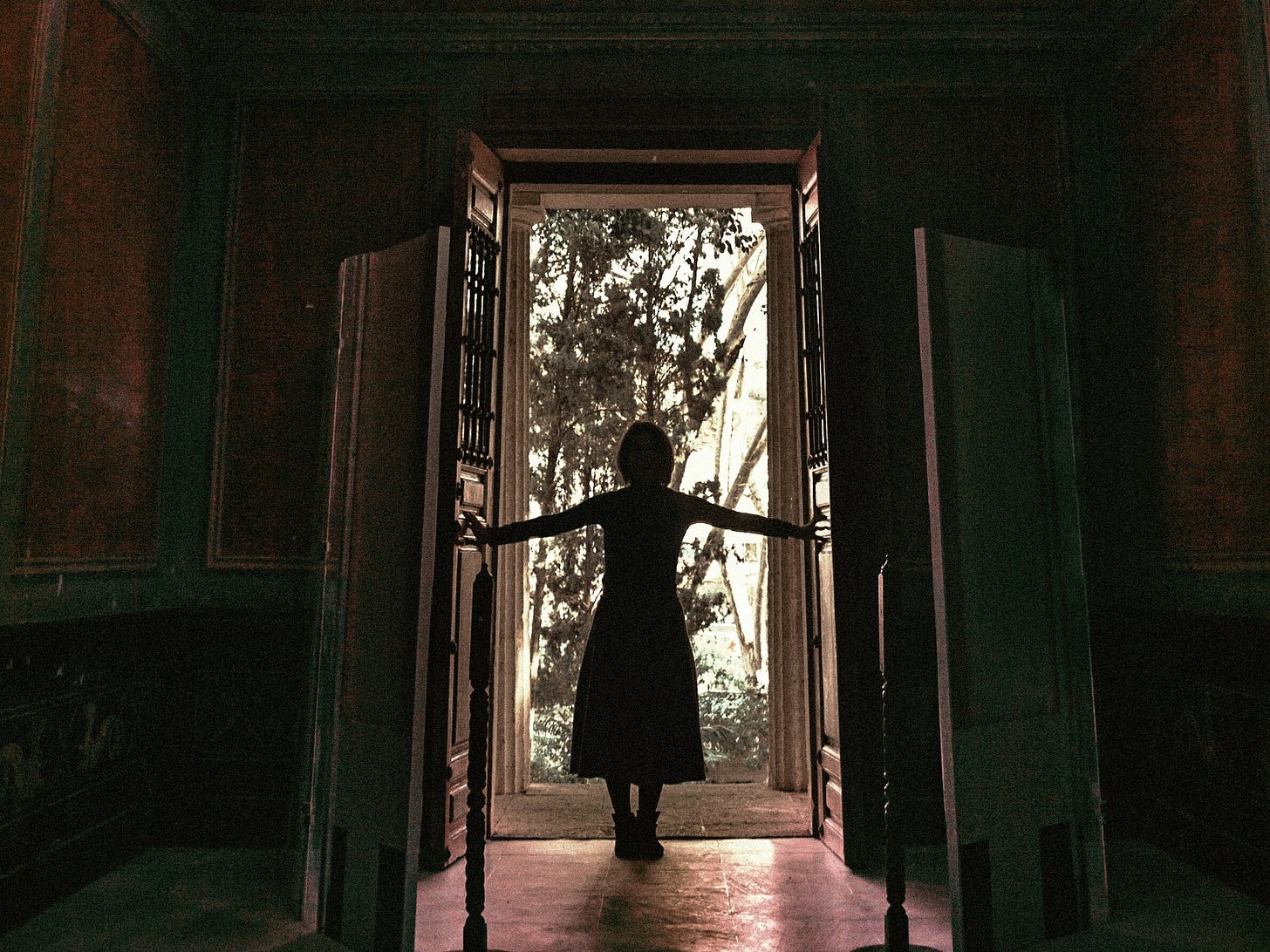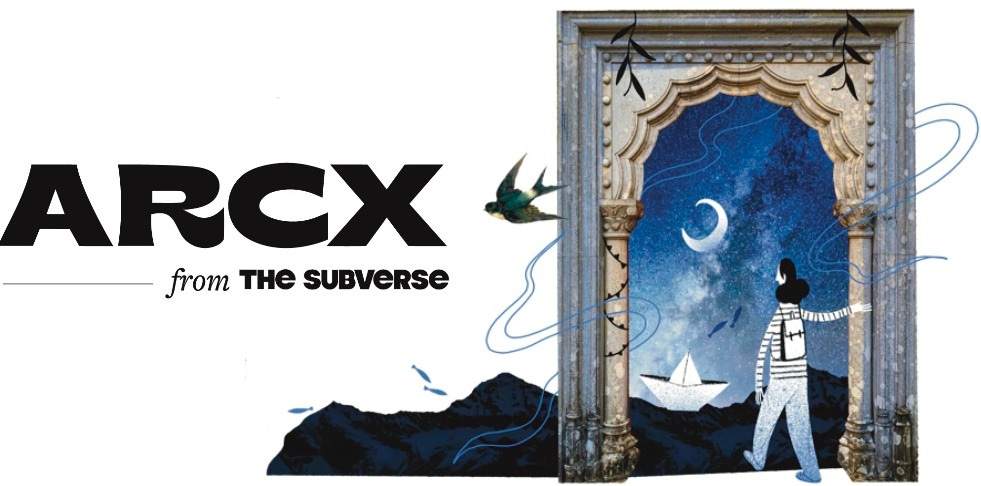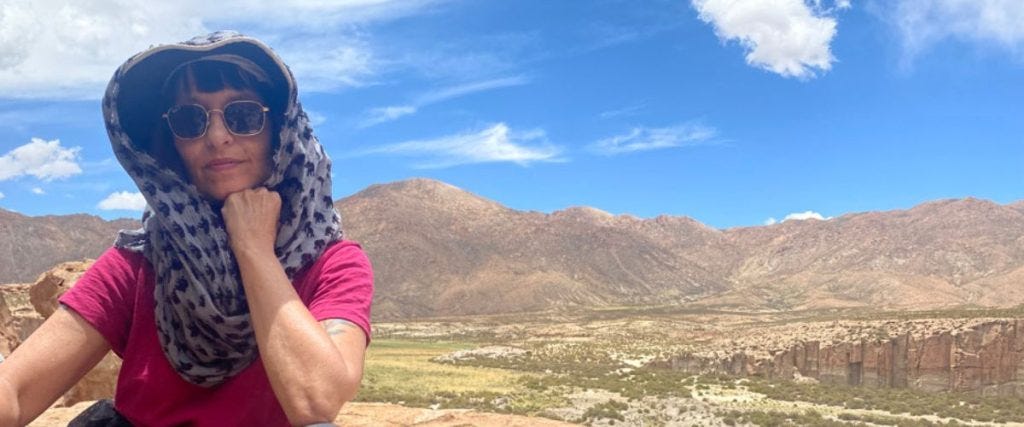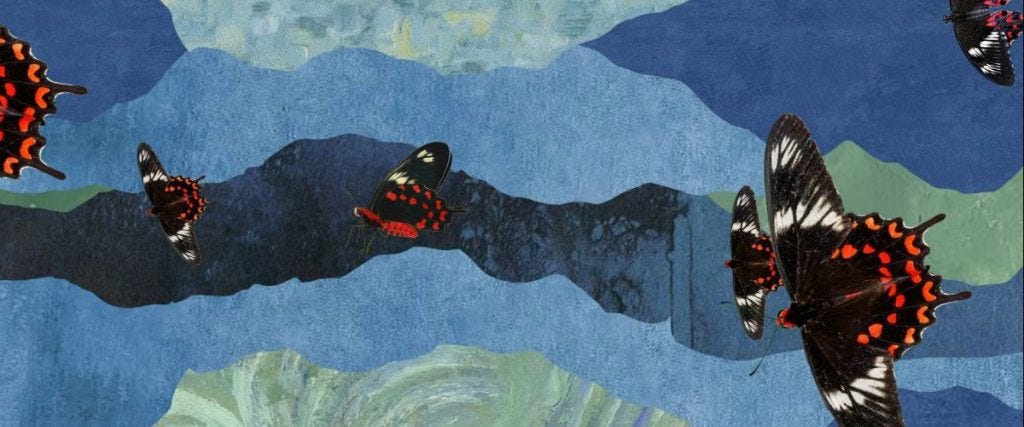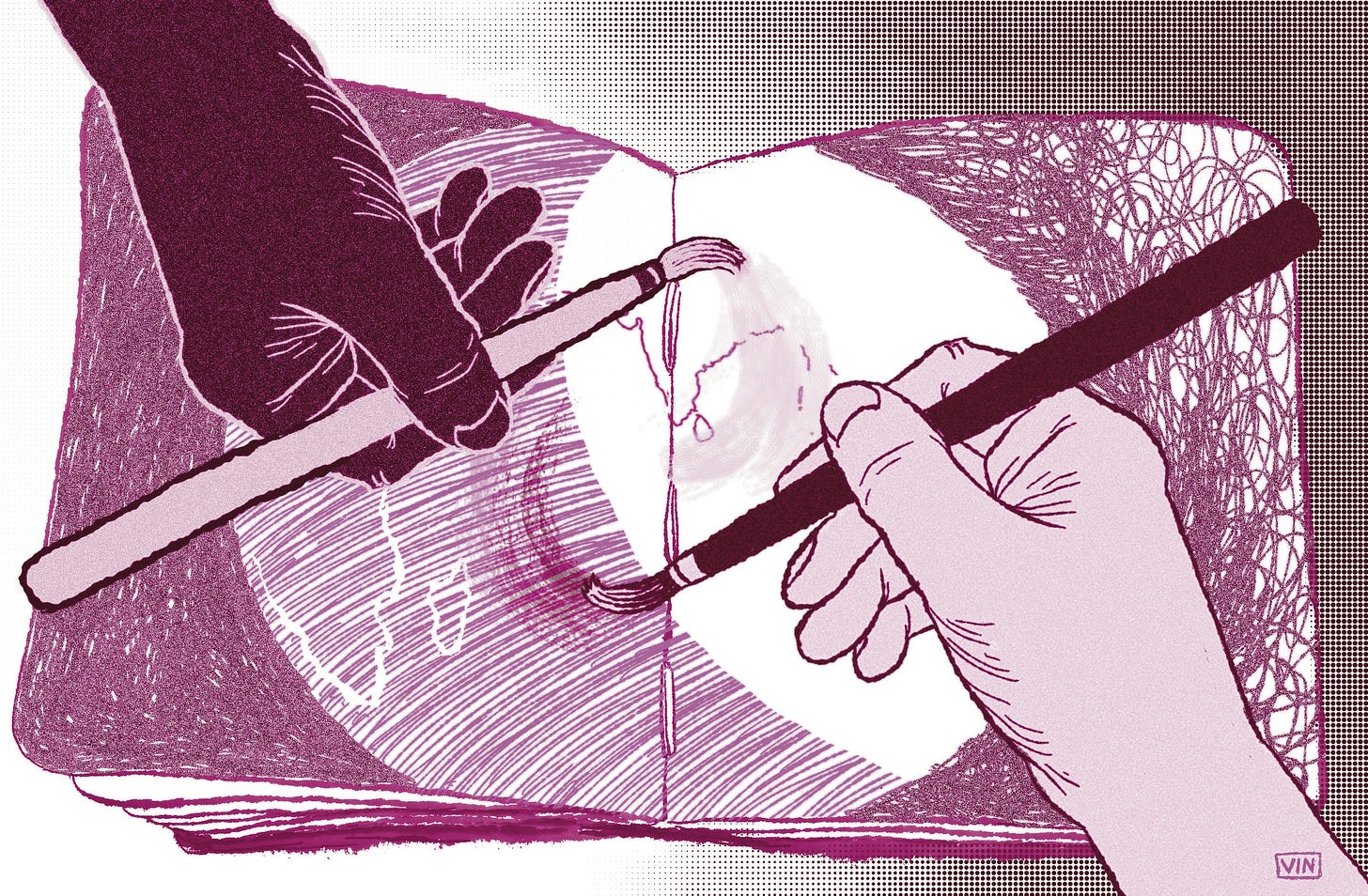Until Next Time
We will be back, perhaps not better, but definitely changed.
Dear Reader,
Rocking the boat is not the default for most of us. But at Dark ‘n’ Light, we like to think we’ve made a habit of it, in the best possible way. It’s nice to wander off the beaten path, and it’s especially fun when you have company.
For the last four years, we’ve intentionally made space for “experimental entanglements” as Susan Mathews wrote in our very first blog. We’ve aimed to tell stories that have often been relegated to the margins, too niche for the mainstream—from an abstract movement film, a whole series about cats and capitalism, to deeply personal essays.
Our projects have been released, as Susan always reminds us, on our own calendar. We haven’t rushed or crammed. A rare luxury in today’s world. Also, there has always been that precious, delightful space, where explorations could, as Rainer Maria Rilke wrote, not “compute or count”, but “ripen as the tree which does not force its sap”. This has given us and our collaborators the time to play in the unknown and undefined. Our collaborators have created work about insects, the apocalypse, caste, the Anthropocene, cartoonists, dance, chairs, and more.
We’ve also delved deeper into storytelling in different forms with our podcasts: The Subverse and Arcx. The Subverse, Dark ‘n’ Light’s flagship podcast, hosted by Susan, and shaped by her unique vision and narrative, has explored the classic Greek elements: water, earth, fire, and air, in a distinctly offbeat way. From pottery to witchcraft to plant sexuality—it covers a lot of ground.
Arcx hosted by Anjali has, through an exploration of the inspirations of sci-fi and speculative fiction authors, taken us through an entire universe of childhood tales, analysed social issues and politics through the lens of fiction, and explored the power of stories, in South Asia. Both the depth of engagement and the banter on Arcx reflect Anjali’s love for the genre, the craft behind it, and her excitement for the future of South Asia’s literary landscape.
And after five years of non-stop creative collaborations, we’ve found ourselves needing to slow down, reflect and reinvent. As you may have already seen on our social media, Dark ‘n’ Light is going on hiatus.
We’re taking some time, like Tasneem invites us to in her last essay of the MaraTime series, to zoom out and observe the interconnectedness of shores that seem distant. Over the last half decade, we have often followed our impulses and instincts without thinking too deeply about how it all fits together. But now, as we sit back and look at the whole, each of those threads comes together to form a picture that we’re quite proud of.
It hasn’t been linear, but few journeys are, as Yuvan Aves reminds us this month in Routes, a short film. Over time, what we cherish has become clearer. We aren’t in the habit of looking away, even when the themes we are exploring are difficult and thorny—whether it’s the innate violence of systemic oppression or the urgency of climate change. But at the same time, we hope that our genuine wonder and fascination for the world we live in shines through. Whether it’s the magic of science, history, literature, ecology, anthropology—the list is endless. Even, and especially, in the midst of the worst times, we will always, always stop to smell the roses, to stay curious and connected and try, as Tasneem says, to engage not in another attempt at conquest but a slow imagination of assembly.
Hopefully the ideas we’ve explored here live on, taking on a life and context of their own. And the threads we’ve been following will change as we do, as the world does. You can’t, as they say, swim in the same river twice. And right now, both the river and our individual lives seem to be changing faster than any of us can keep track of. So, we will be back, as Anjali says, perhaps not better, but definitely changed.
And to be clear, we’re not disappearing—our website will remain up, and our inbox open. But we will be away until we figure out what form and projects are best suited for our next phase. Thank you to every one of you who have read and watched and listened with us. Please stay in touch and share anything you’d like us to read, any ideas you’d like to work on, and we’ll get back to you, maybe not immediately, but definitely.
It’s taboo to say goodbye in most cultures. In Kannada we say ‘barthini’ and in Hindi, ‘aathi hoon’. Both mean, ‘I’ll come’. But our favourite might be Malayalam, where it’s not a statement but a question: ‘Varate?’ or ‘Shall I come?’ When you leave, you don’t say goodbye, but ‘shall I come back to you?’ ‘Shall I come back here?’ And that’s where the Dark ‘n’ Light team is right now. At the doorway, assuring each other that we may be going away for a bit, but that we want to return, and we’ll always have a place to come back to.
Until Next Time,
Team Dark ‘n’ Light
Down the Rabbit Hole
MaraTime: Time as Reflection & Refraction
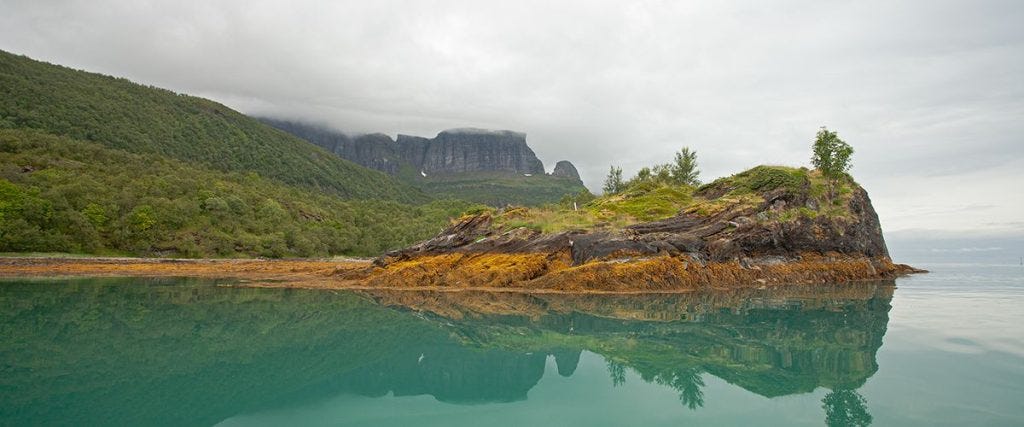
In the seventh instalment of our Time and Tide series, Tasneem Khan invites us to consider how experience and knowledge are reflected, recorded, and consumed through time; in a tidal rhythm, certainty ebbs and layers of context and connection reveal themselves.
In this blog post, Anjali Alappat, the host of Arcx, reflects on four seasons of in-depth conversations with some of South Asia’s best-known speculative fiction authors, the SFF landscape in the region, and where the podcast goes from here.
The Poetics and Politics of Climate in Fiction and Fact
Claudia Aboaf, writer, teacher, and astrologer, speaks to Winnu D about the importance of socialising the struggle, paying attention to nature, moving away from human characters and the power of writing and fiction.
In this short film, naturalist and author Yuvan Aves takes us on a journey along the paths of honeybees, butterflies, aphids and other insects as they remember and retrace routes that go far beyond human notions of roads and boundaries. This film was created by Gaurav Ogale and Annette Jacob.
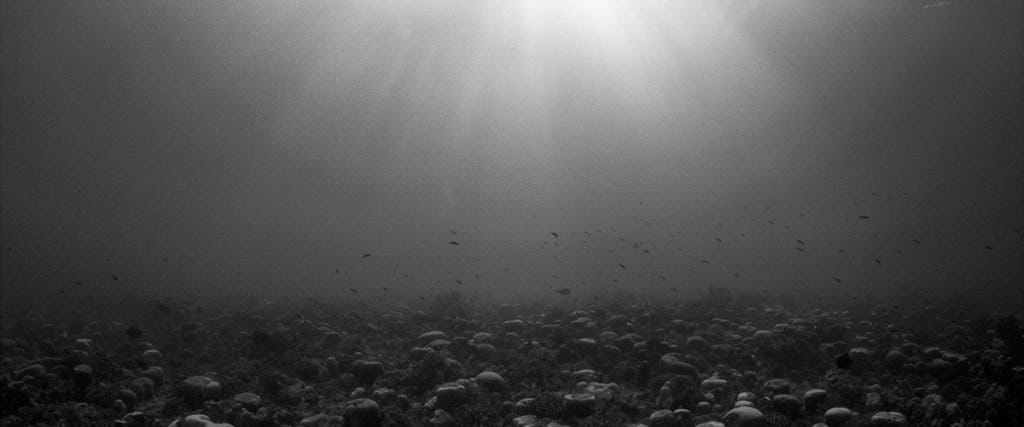
In the final instalment of the Time and Tide series, Tasneem Khan flies over our “Pale Blue Dot”, marvelling at how the ocean connects all the lands that humans divide. She writes in hope of a Symbiocene, a multispecies and multi-timescale future, and shares a few small steps that we can take towards creating one.
Another Darkness. Another Light
In her final blog post, Susan Mathews, founder of Dark ‘n’ Light, discusses our ‘changing of seasons’, the need for rest and hibernation, traversing and transcending boundaries, and journeys past and ahead
Stories from the Margin
The Subverse is back for its fifth season, as host Susan Mathews explores the last of the classical elements, ‘air’—the air we breathe, the atmosphere that blankets us, and the aesthetics of weather. Join her for conversations that will take you on a journey as enchanting as the clouds, on flights both human and non-human, and an exploration of the ethereal and indelible traces we leave behind.
In the first episode, Susan Mathews speaks to Dr. Roxy Mathew Koll, a climate scientist, about the unequal heating of the world, the intricate relationship between atmosphere, land and ocean conditions, and the crucial role of data in adapting to a climate changed world.
In the second episode, she speaks to Mădălina Diaconu, a researcher and author of Aesthetics of Weather, about the limitations of traditional notions of perception, our immersion in the atmosphere, her fascination with the ‘lower senses’ such as smell, paying attention to the temperature, and the need to go beyond the visual to experience daily life holistically.
The conversation with Mădălina continues in the third episode where they discuss tornadoes, the limitations of equating materiality with solidity, the ideas of landscape and landscapability and the concept of a trace and what happens when we do not control what we leave behind.
In the next episode, Susan is in conversation with Joaquin Ezcurra, a key member of Aerocene, the global arts-activist community initiated by Tomás Saraceno. They speak about the activities and trajectory of Aerocene, its record-breaking flights, and the need to move away from colonial capitalist outlooks to a more connected and agential way of life.
In the final episode of the season, Susan speaks with Antone Martinho-Truswell, a fascinating behavioural ecologist, about the drastic evolutionary advantages of flight and culture, why birds live longer than mammals, and the difficulty of evolving out of the gravitational well of a ‘good-enough’ way of living.


